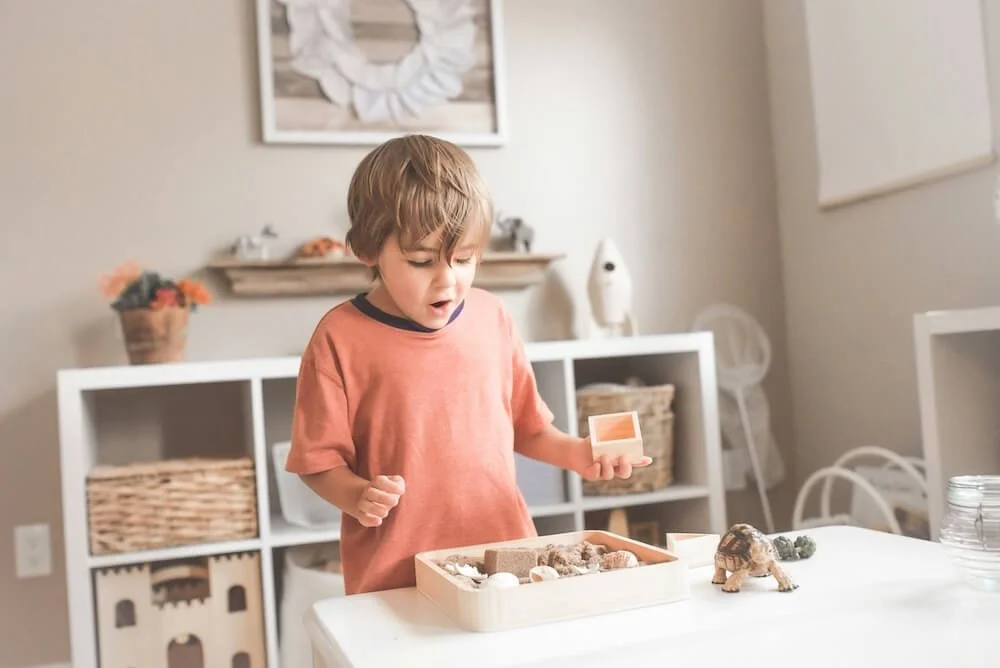Why Routine is Important in Montessori Education
One of the most powerful—and often overlooked—elements of a Montessori classroom is the role of routine. While Montessori is known for freedom of choice and self-directed learning, that freedom exists within a carefully structured framework. Routine provides the rhythm and consistency that children need to thrive, both inside and outside the classroom.
At Petite Luminaries Montessori, we see daily routines not as restrictions, but as the foundation of independence, focus, and security for every child.
1. Routine Builds Security and Confidence
Children flourish in environments where they know what to expect. A consistent daily rhythm—arrivals, work cycle, outdoor play, meals, and rest—creates a sense of safety. When children feel secure, they are more willing to explore, take risks, and engage in learning with confidence.
2. Routine Supports Independence
Montessori classrooms are built around the principle of “help me do it myself.” With consistent routines, children learn to anticipate what comes next and begin to take ownership of daily tasks. Whether it’s putting on indoor shoes, preparing a snack, or cleaning up after work, routines give children repeated opportunities to practice independence until these skills become natural habits.
3. Routine Encourages Concentration
An uninterrupted Montessori work cycle allows children to immerse themselves deeply in meaningful activity. Knowing that there is dedicated time each day to choose and repeat work helps children develop focus and concentration. Over time, this routine strengthens their ability to engage in self-directed learning and build resilience when facing challenges.
4. Routine Fosters Respect and Responsibility
In Montessori classrooms, part of the daily rhythm includes caring for the environment—returning materials to the shelf, cleaning up after snack, watering plants, or helping a friend. These responsibilities are integrated into the routine, teaching children that their actions matter and that respect for others and the environment is part of daily life.
5. Routine Balances Freedom and Structure
Montessori education is often described as “freedom within limits.” Routine provides the limits—a predictable framework—within which children enjoy the freedom to choose their work and explore at their own pace. This balance allows for creativity and independence while ensuring that the day flows smoothly for everyone.
6. Routine Extends Beyond the Classroom
The consistency children experience at school can be mirrored at home. Families often notice that when routines are established—such as consistent meal times, bedtimes, and family rituals—children are calmer, more cooperative, and more secure. The Montessori classroom routine supports not only academic growth, but also healthy emotional and social development.
Final Thoughts
Routine in Montessori education is not about rigidity—it is about creating order, stability, and trust so that children can fully engage in the joy of discovery. At Petite Luminaries Montessori, we see routine as the gentle rhythm that helps children shine brighter each day.
“The child can only develop fully by means of experience in his environment. We call such experience work.” – Maria Montessori


